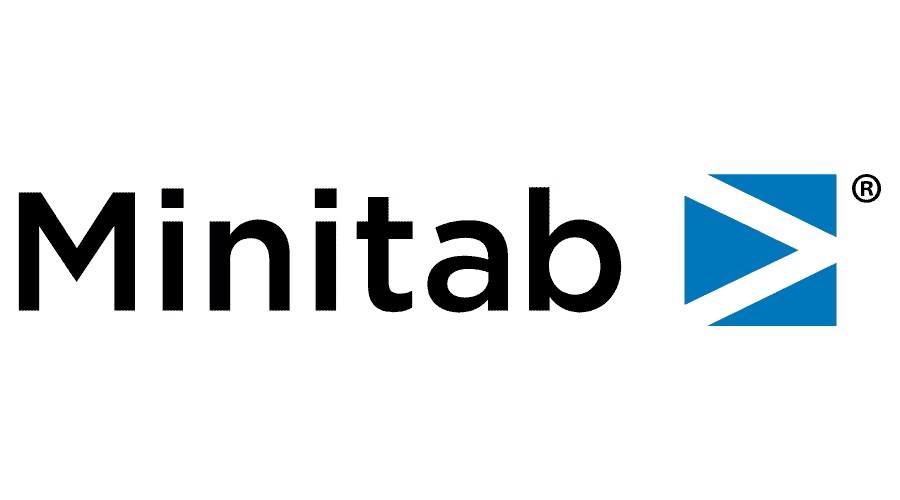

2006), also known as “killer bees.” Previous studies have focused on agricultural aspects and their infamous defensive behavior ( Balderrama et al. African honeybees were introduced into Brazil in 1956 where they were hybridized with the present EHBs to produce “Africanized” honeybees (AHBs Whitfield et al. While most European honeybee (EHB) subspecies are relatively docile, native African honeybees ( Apis mellifera scutellata) are more aggressive. Honeybees ( Apis mellifera) have been managed by humans for thousands of years. As appetitive learning is a robust and rapidly occurring phenomenon in bees ( Menzel 2001 Menzel and Giurfa 2001), it has been an important laboratory tool in learning research for over 50 years ( Giurfa 2007 Menzel and Erber 1978). Bees must learn to associate a location of a foraging site with numerous characteristics and remember profitable sites from day to day ( Giurfa 2003 Menzel and Muller 1996). Honeybees are a well-established, invertebrate model for the study of learning, which is a key attribute important for the competitive exploitation of floral resources ( Gould 1986). This issue is especially interesting when the animals are closely related as this usually results in niche overlap and therefore, competition for the same resources with competitors using similar physical and behavioral traits. However, while previous research has focused on these adaptive benefits of learning, there is little experimental evidence to show that superior learning abilities might directly benefit an animal competing with another animal.

2002), foraging for higher quality ( Dukas 1999b Dukas and Bernays 2000 Papaj and Lewis 1993) and quantity ( Raine and Chittka 2008) of food, or learning cues from conspecifics to avoid predation ( Kelley et al.

Learning should potentially help an organism in many contexts, such as selecting a superior nest site ( Dukas 2008 Dukas and Duan 2000), recognizing individuals that “owe” an altruistic benefit ( Wilkinson 1984), singing a better song to attract mates ( Nowicki et al.

Learning, defined as an animal’s behavioral adjustment based on previous experience, is traditionally assumed to confer some positive benefit on the animal’s fitness.


 0 kommentar(er)
0 kommentar(er)
